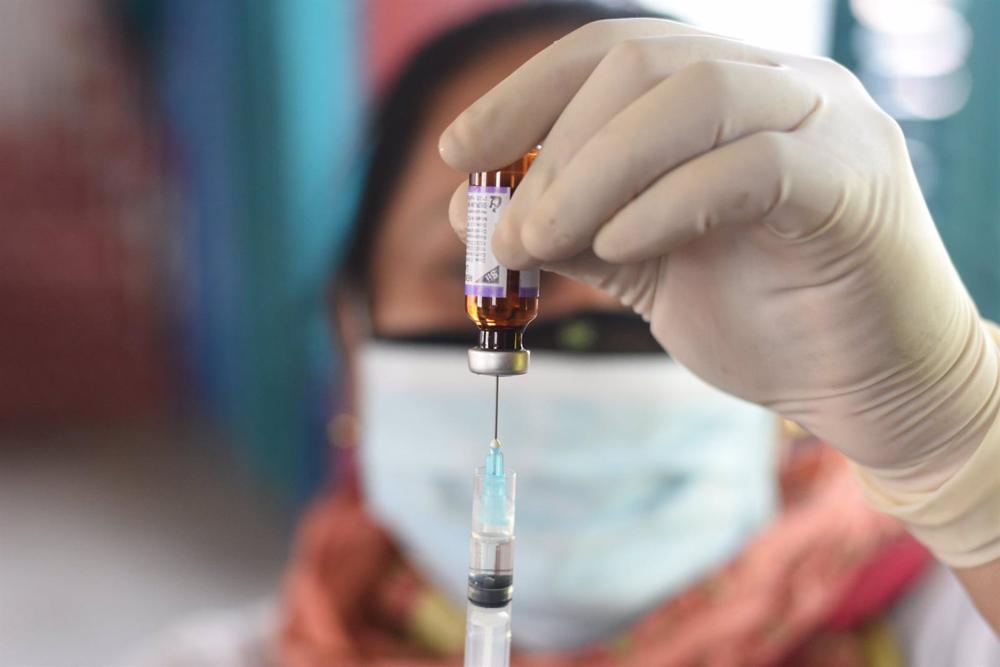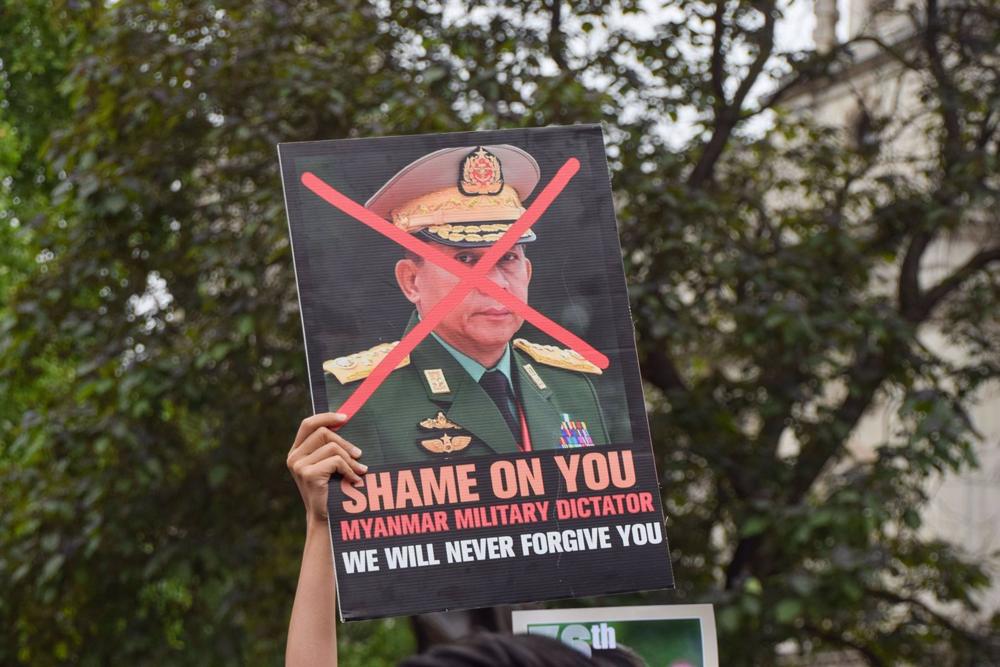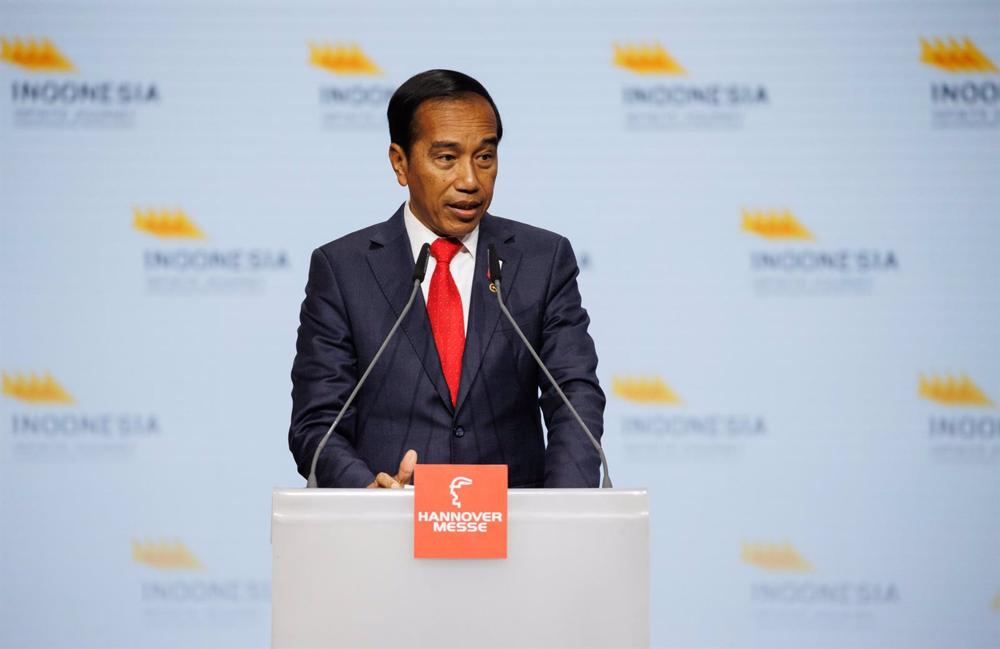
Authorities in South Sudan have declared a nationwide measles outbreak after confirming nearly 2,500 cases and more than 30 deaths in recent months, following a spike in infections since 2021 due to the interruption of immunization campaigns due to insecurity and the various crises rocking the African country.
The director general of Preventive Services at the South Sudanese Ministry of Health, John Rumunu, has detailed that so far 2,471 cases and 31 deaths have been detected in 22 counties in the ten states that make up the country, before adding that there are more cases that may have gone undetected, as picked up by Eye Radio.
«Following the number of laboratory-confirmed measles cases, the Ministry of Health declares measles outbreak in South Sudan,» he said, before adding that the government has reinforced vaccination campaigns in 15 of the 22 counties affected by the outbreak.
He also assured that the ministry has opened investigations to determine the extent of the spread of the disease in the communities and defended that Yuba and its partners have taken preventive measures to try to contain the outbreak, including awareness campaigns on the symptoms and dangers of the disease.
Rumunu recalled that «the last nationwide immunization campaign took place in 2020, with less than 85 percent coverage, which is below the recommended target of 95 percent,» Radio Tamazuj reported. «This has led to an increase in unvaccinated children, exposing them to the risk of catching measles and the potential increase of possible outbreaks,» he argued.
Measles is caused by a virus of the paramyxovirus family and is usually transmitted through direct contact and airborne transmission, according to the World Health Organization (WHO) on its website. Thus, it emphasizes that «measles is a very contagious and serious disease» and highlights that «before the vaccine was introduced in 1963 and its use became widespread, every 2 or 3 years there were major measles epidemics that caused nearly two million deaths a year».






